Astronomers have created the first realistic virtual universe by running large-scale cosmological simulations on supercomputers. The project, known as Illustris, was led by Mark Vogelsberger of MIT and the Harvard-Smithsonian Center for Astrophysics. Illustris produced detailed galaxy simulations by using complex computer models that captured the physical components and processes of the universe from 12 million years after the Big…
News
Research Computing partner in Massachusetts Open Cloud project
HOLYOKE – Friday, April 25, 2014 – Governor Deval Patrick today announced a $3 million capital investment to launch the Massachusetts Open Cloud project, a university-industry collaboration designed to create a new public cloud computing infrastructure to spur big data innovation. Governor Patrick also announced the release of the 2014 Mass Big Data Report, which confirms the continued growth and…
Research Computing Announces Internet2 HPC Advisory Group Membership
DENVER—April 7, 2014—Internet2 today announced at the 2014 Internet2 Global Summit the creation of the Internet2 Program Advisory Group for High Performance and Research Computing and the inaugural co-chairs and members. "I'm excited to lead this important venture along with my colleague and friend Dave Lifka," said Jim Bottum, the Group’s Co-Chair and Clemson University’s Chief Information Officer. "As high speed…
MGHPCC project team wins Harvard Green Carpet Award
The Harvard Office for Sustainability has awarded the Harvard project team for the Massachusetts Green High Performance Computing Center (MGHPCC) a Green Carpet Award. The award recognizes Sustainability Leaders at Harvard who exemplify innovation and creativity through the development and execution of campus sustainability plans that focus on the reduction of energy use, green house gas emissions, waste, and…
Research Computing powers computation behind BICEP2 discovery
Research Computing has provided computational support and infrastructure for the BICEP2 project. Research Computing provided the BICEP2 project with 400TB of storage space and access to more than 30,000 cores of compute.Research Computing also provided virtual machine support for BICEP2 websites and data. The project consumed 5.1 million CPU hours on Odyssey since 2010. Of those 5.1 million CPU hours,…
NBA drafts Big Data
Harvard researchers have used Odyssey to dig deep into NBA player data, creating a new statistical framework for basketball analytics. The research, led by Kirk Goldsberry, Visiting Scholar at the Center for Geographic Analysis, Luke Bornn, Assistant Professor in the Department of Statistics, Dan Cervone, and Alex D’Amour both PhD students in the Department of Statistics, uses player data from…
Research Computing part of $5.3M NSF award for Advanced Cyberinfrastructure
CAMBRIDGE, M.A. – The National Science Foundation has awarded a consortium of six universities a $5.3 million grant to support a national network of Advanced Cyberinfrastructure Research and Education Facilitators (ACI-REFs). Harvard University’s FAS Research Computing group is one of the collaborating institutions. The project, called Advanced Cyberinfrastructure - Research and Educational Facilitation: Campus-based Computational Research Support, will broaden the…
FAS Research Computing to join Gluster Community Board
CAMBRIDGE, M.A. – FAS Research Computing (FASRC) has signed a letter of intent to join the Gluster Community Board, the leading community for open software-defined storage. James Cuff, Assistant Dean for Research Computing at Harvard University, will represent FASRC. The board is comprised of individuals and organization representatives committed to the success of the GlusterFS project as well as the…
Altered diet can quickly change gut microbiome in humans
Animal and plant-based foods have contrasting effects on the human gut microbiome. Credit: John Kaufmann, http://www.jek2004.com[/caption] Led by the Turnbaugh lab in the Center for Systems Biology at Harvard University, researchers have discovered that the microbes found in the human gut respond rapidly to a new diet. The researchers placed ten people on two defined diets, composed of animal- or…
The Clean Energy Project
The Clean Energy projects searches for next generation plastic solar cell materials using RC computational resources. The project, led by Professor Alán Aspuru-Guzik, has generated data about 2.3 million candidate compounds for organic electronic materials. To find out more about the project see here.

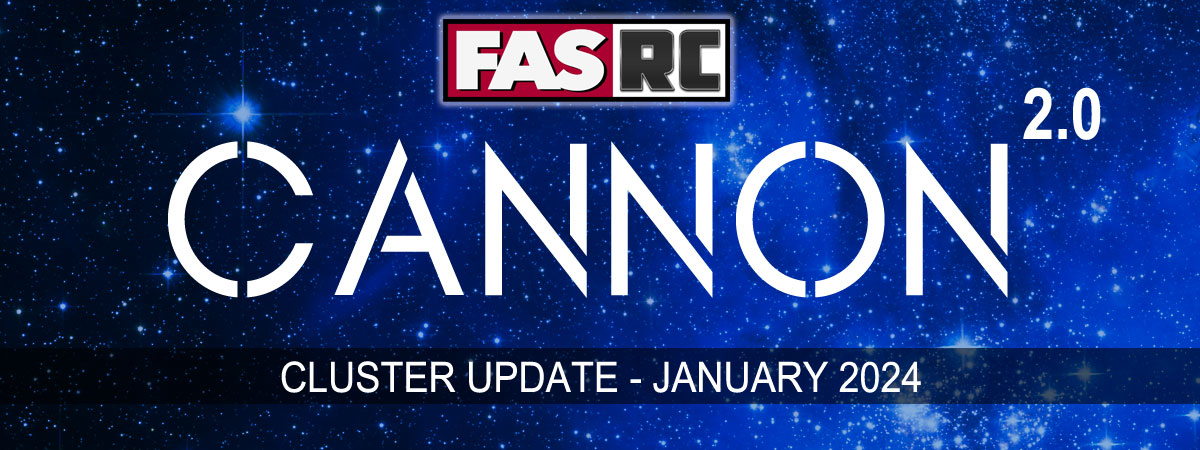
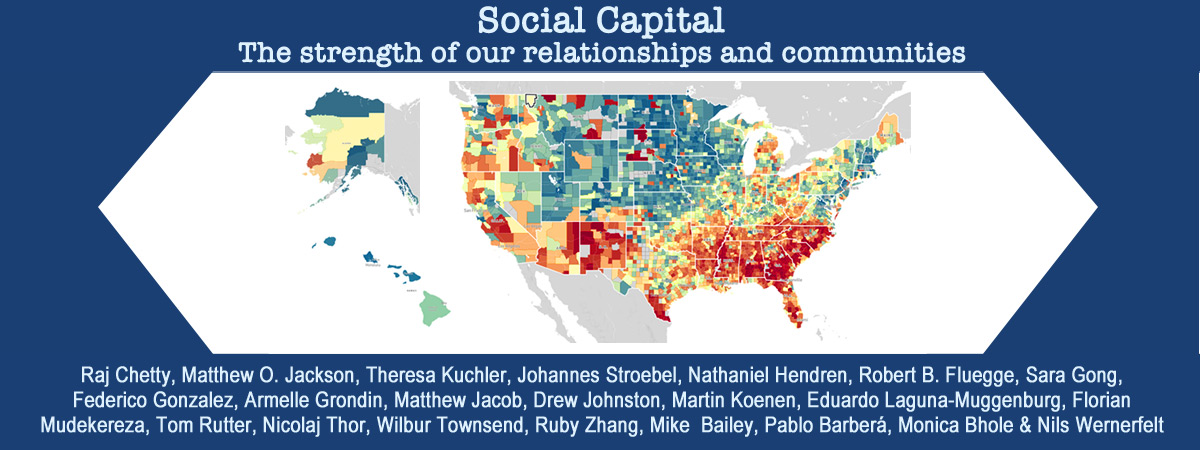
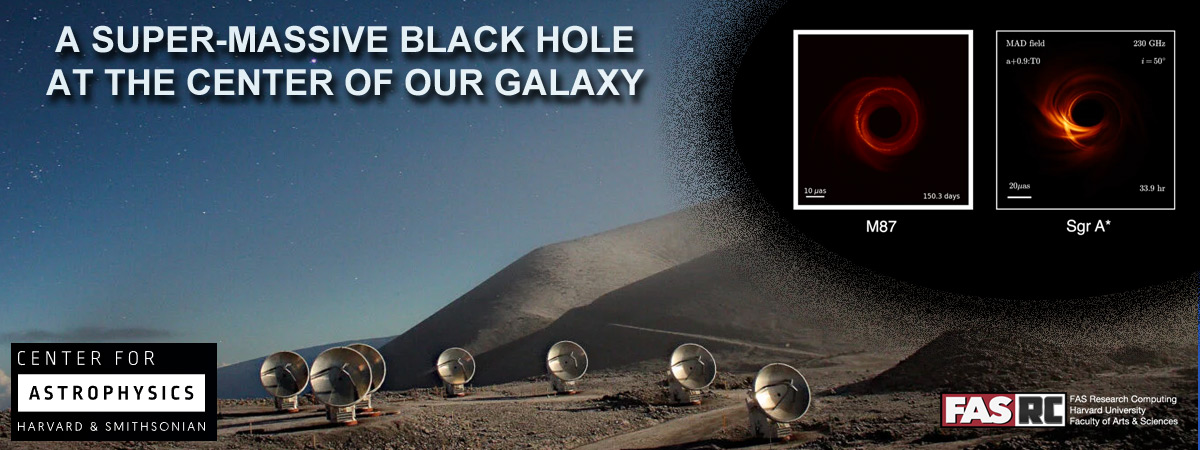
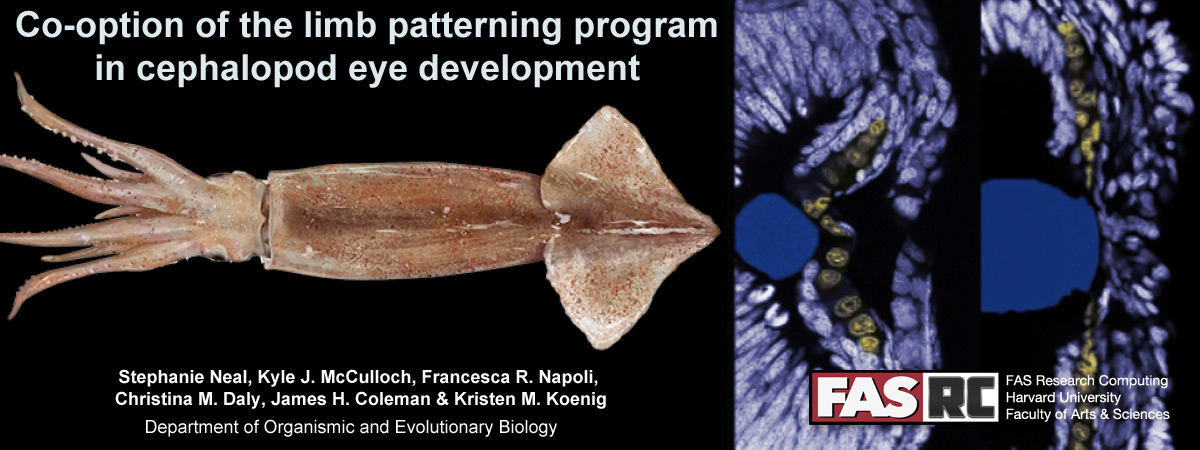
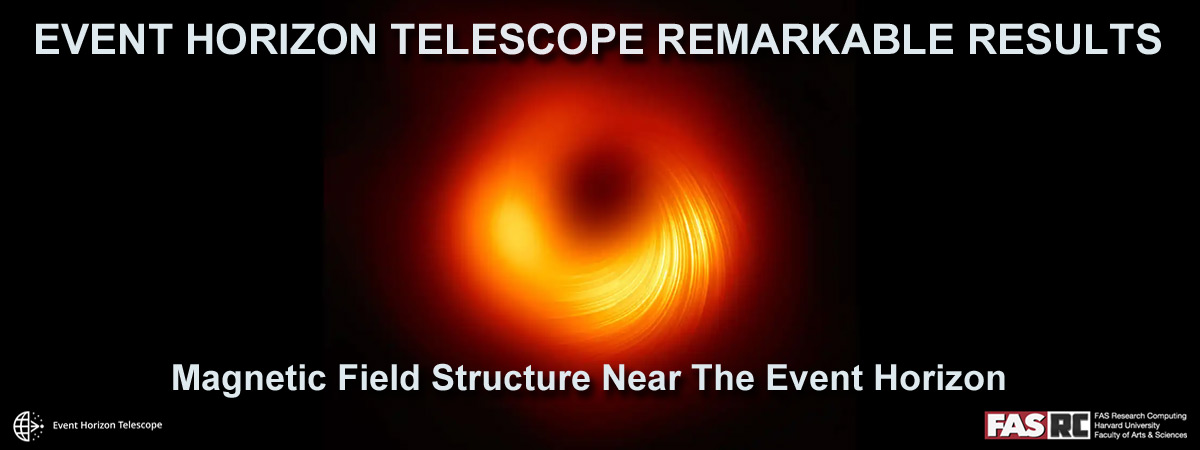

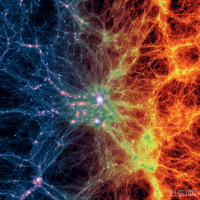

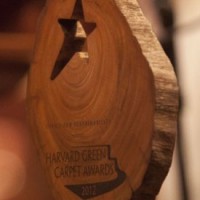
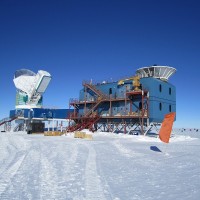
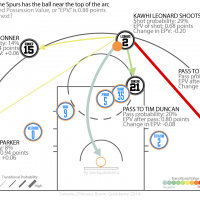


You must be logged in to post a comment.